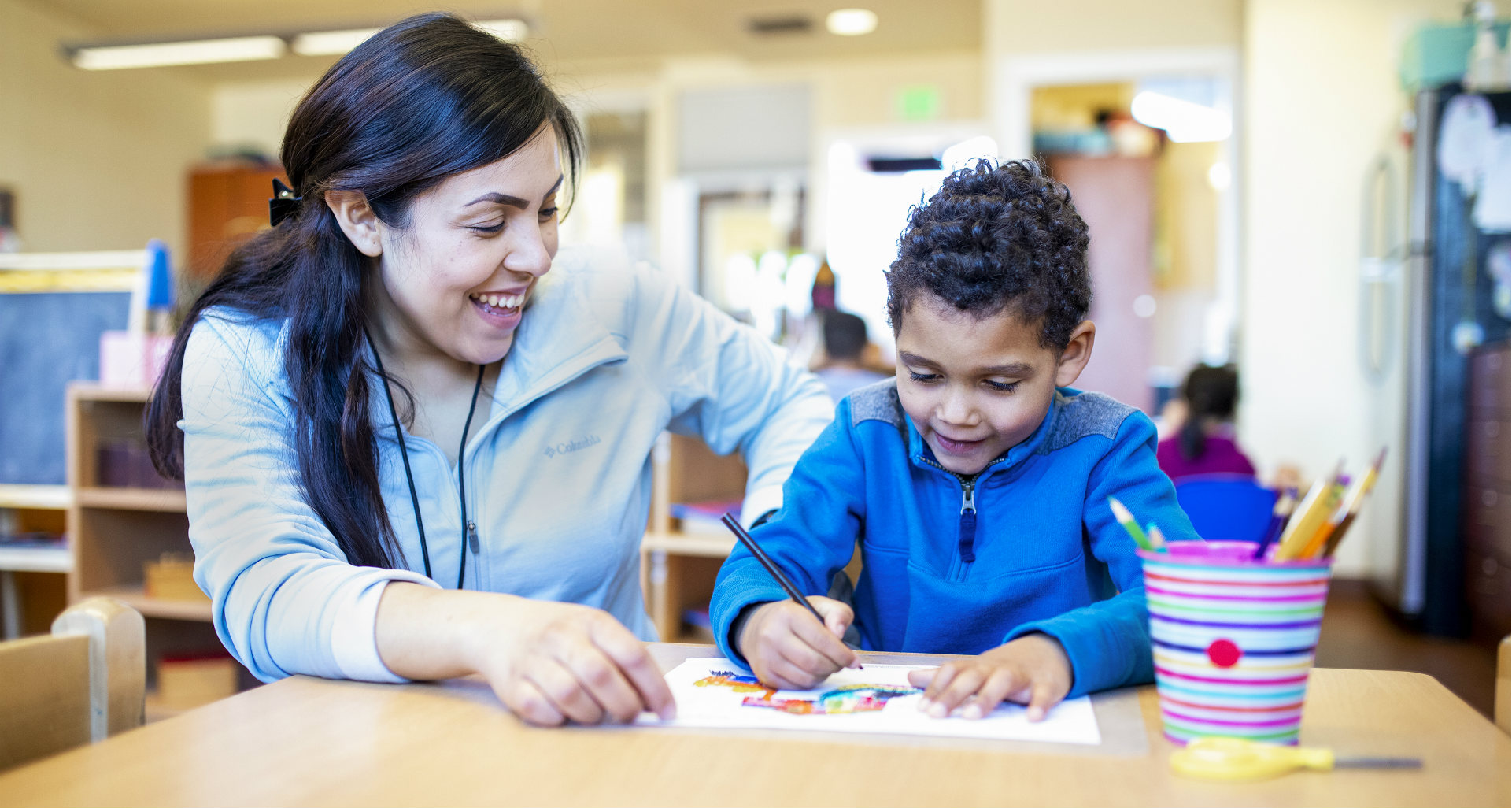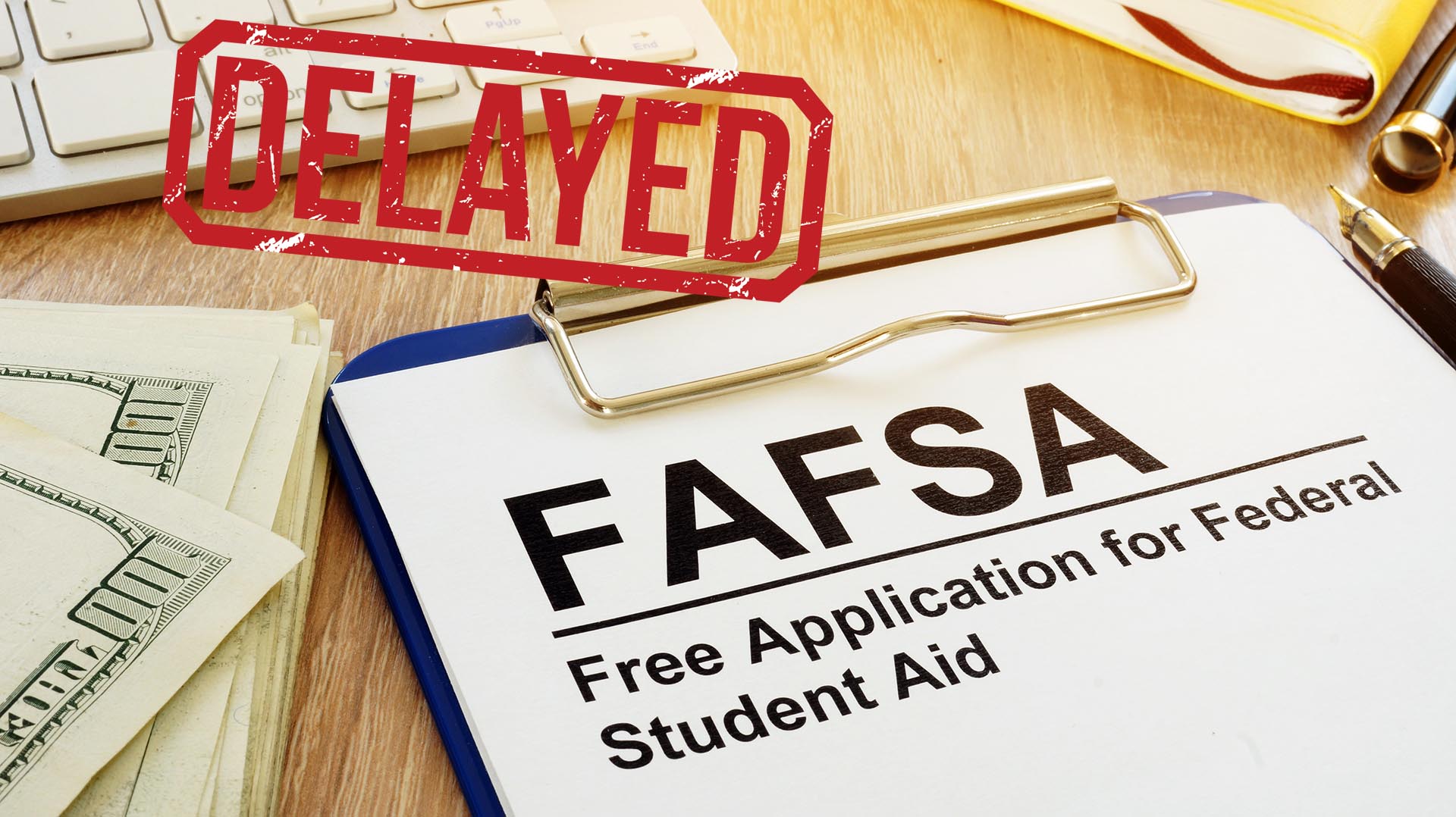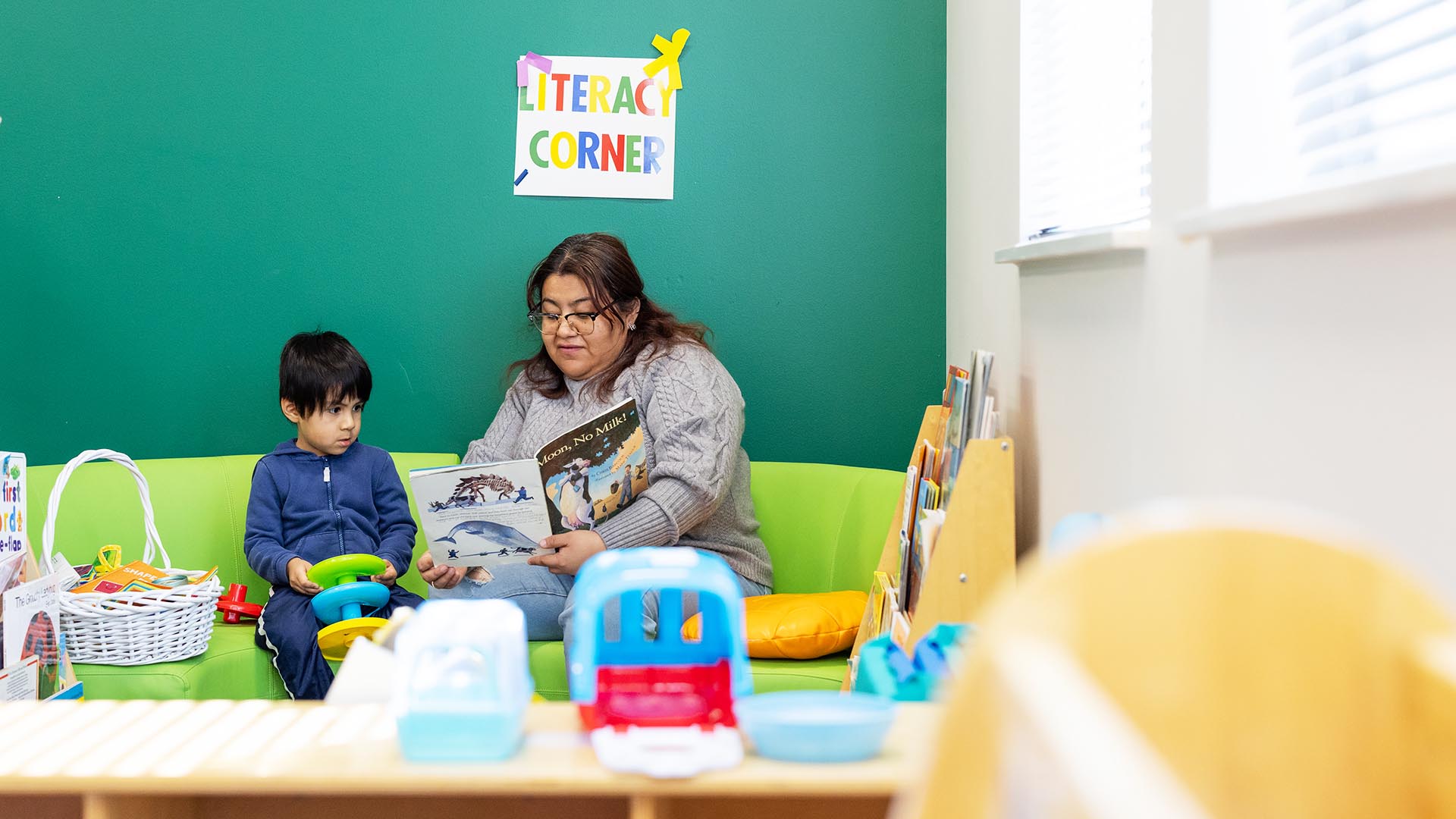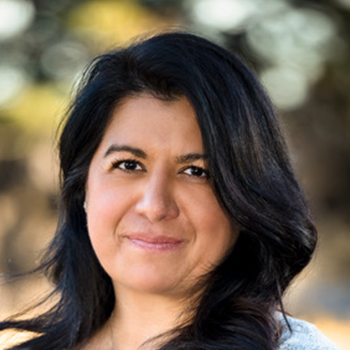5 tips for finding the right school for your child
What parents need to know, whether picking a preschool, considering kindergarten or exploring charter schools.

A lot of parenting comes down to trial and error, but when it comes to choosing a school for your child for the first time, you can avoid some of those errors by deferring to an expert. Dorothy Shapland, assistant professor of early childhood education at Metropolitan State University of Denver, is here to take you to school on school choice.
1. Be prepared. Apply early!
And by early, Shapland means now. Different school districts have different deadlines, so be sure to check what the deadlines are for your public school district.
Denver Public Schools’ first round of enrollment for the fall ends Feb. 15, for instance. Jeffco Public Schools closes its first enrollment period even earlier, Feb. 8.
“The first people that get applications in tend to get their first choices. If there’s a school you’re in love with, getting ready for that first round of enrollment and getting in early gives you a better chance of getting those spots,” Shapland says.
Missing those early cutoffs doesn’t mean you can’t find a school, but it makes it less likely you will get into the best schools in the most convenient locations. Later enrollment periods are more likely to be first-come, first-served if there is available space.
2. Know when your child is ready (and what they’re ready for)
About one-third of 4-year-olds attend preschool in the United States, and 5 percent of American 3-year-olds attend pre-K. While age is an obvious factor in determining when a child should start school, there are other readiness factors that are more important.
Some preschool programs accept kids as young as 2½ years old, but a near-universal requirement of formal schools is that children are potty-trained. Other factors are more subjective but mostly fall under the umbrella of how well your child will behave in a classroom setting. Shapland says experience sitting in groups and waiting their turn, such as at a library program or church setting, can help children prepare for school.
“How independent is your child? How ready is your child for sharing an adult with other kids? In smaller families, everyone has a hand to hold when you go to the zoo. When you cross the street at school, you don’t get to hold the teacher’s hand,” she said.
You don’t have to make the decision yourself, either – ask for input from the family members, friends or child-care workers who know your kids. Children may act differently around their parents than they do everyone else, and you’re not going to be in the classroom with them.
“Tap those resources – everybody who puts time in with your child knows some aspect of that child. Consult with them before you make the decision,” Shapland says.
3. Survey the options, and make a plan
Among public schools, private schools, Head Start programs and family-friend-and-neighbor home care, the number of options to send your kids to before kindergarten or first grade can be overwhelming.
Colorado Shines is a great place to start, Shapland says. The state’s quality-rating-and-improvement system evaluates early-learning programs and helps families find the schools that are right for them. That’s just the start, though.
“That will give you a measure of the quality of the program. Someone has defined those things. But they’re not necessarily looking at the things that you particularly value. Your family values are really important,” Shapland says.
Schools can be structured and organized or more play-based and creative; where you enroll your children depends on what you want them to learn.
“It’s great to expose a child to something completely different from what they get at home, but you have to know the temperament and nature of that child. If something that’s as much like Mommy and Daddy as they can get is going to be what’s comfortable, then you’re looking for a teacher that’s like you and a classroom like your home,” Shapland says.
The values that determine school choice should even go beyond “family” values – parents should evaluate schools for each of their children individually.
“Look for a quality setting, and not just one that is close to home or conveniently on the way to work but something that offers what you want for each particular child,” Shapland says. “Even with three kids, you may want three different settings. Siblings can be very different and need different things.”
One more thing to consider as you kick off your kid’s academic journey: Where are they going next? What schools feed into which higher grades? This can be particularly critical with charter schools.
“A lot of places, especially charter schools, push really hard that if you want to get into our charter school, you need to start in our preschools so that your child is in the philosophical line, that values line, for their schools,” Shapland explains.
4. Do your homework … at school
The internet is great, but there’s no replacing a physical visit to a school, especially if you’re considering schools with different teaching philosophies.
“You need to go in and see the school and see how it feels relative to what you’re looking for,” Shapland says. “I work with a cooperative preschool that’s very play-centered, and when you walk in, you might say, ‘This is what I want for my kid,’ or you might say, ‘Whoa, not this.’
“I also work with a Montessori school, which is much more structured, and you might think, ‘If you can get my kid to do this, this is what I want.’ Or it might strike you as, ‘Where’s the noise? Where’s the fun?’”
Colorado Shines provides a checklist of what questions to ask on a school visit and what kinds of activities and infrastructure to observe.
5. Figure out finances
Compulsory education begins at age 6 (as of Aug. 1 of each year) for Colorado children, and the state funds only (58 percent) of a day of kindergarten and offers no general preschool funding.
Tuition is expensive, but there are city and state programs that help. The Denver Preschool Program offers sliding-scale tuition assistance to Denver residents based on family size, income and the quality of the preschool, while the statewide Colorado Preschool Program provides funding for children with certain risk factors.
For kindergarten, different districts handle partial funding differently. Some offer half-day kindergarten or 2½ days a week at no cost, while others provide full-day kindergarten through district funding or by charging tuition. The key is to be informed about the cost and schedule options in your area so you’re not caught off-guard when the time comes.
“There are lots of people who don’t realize until September that their kid’s 5 and they need to look into school, and then they realize there’s tuition, there’s a waitlist, and they end up waiting until the next year. There are children that start at first grade without any preschool or kindergarten experience, and the children who went earlier have an advantage.”







